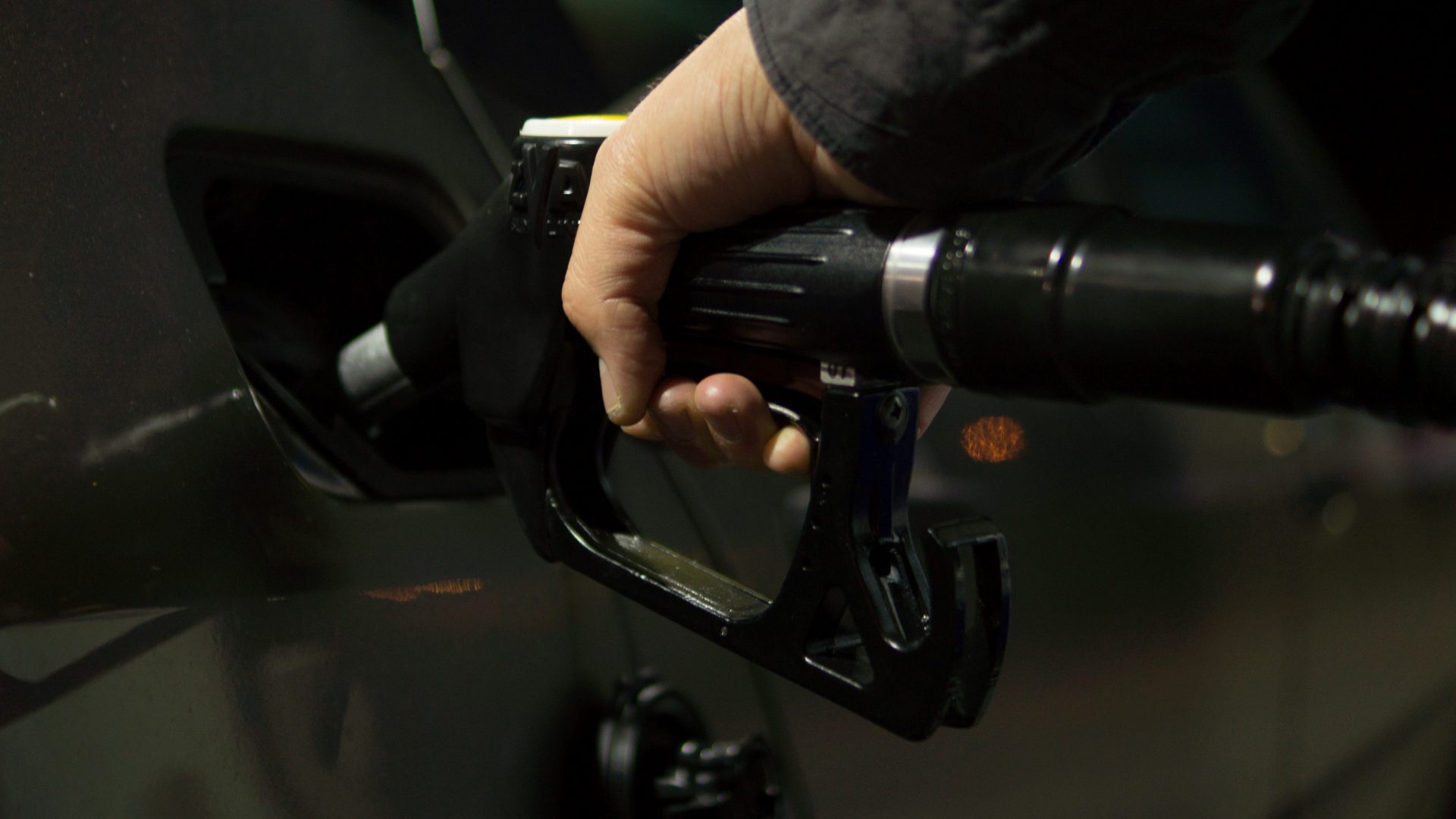
Prices at the pumps have hit record highs, vehicle maintenance costs are continuing to climb, and the global shortage of semiconductor chips is creating unprecedented demand for new and used vehicles.
These crises are placing great pressure on businesses that rely on vehicles day to day and, as a result, fleet operators may be fearful of plummeting profits and expecting huge hits to their bottom lines.
With there being no quick fix to these challenges, margins are more important than ever before. Global politics and the economy are non-negotiable and, as a result, businesses should focus on the factors within their control and look to maximise the impact they can have on the company budget.
The challenges
Fuel is one of the largest expenses fleet operators face and after the wholesale price for crude oil increased, costs have spiralled and this has only worsened following the Russian invasion of Ukraine. RAC’s Fuel Watch found that the average litre of unleaded petrol at UK forecourts reached a record high of 167.3p in March, while diesel hit 179.9p a litre.
Ongoing supply chain issues and the continuing global shortage for semiconductor chips is making it virtually impossible to manufacture new vehicles without missing certain electrical components. According to the Society of Motor Manufacturers and Traders, there was a 34% fall in large fleet registrations in March 2022 – which is typically the most important month for sales.
The demand has impacted the used car market, with the shortages creating unprecedented demand and prices soaring by an average of 30%. This had led to longer wait times for vehicles – with fleet operators facing delays of around a year for certain models. As current vehicles are expected to be on the road for at least another 12 months before they are replaced, it is imperative that current fleets are kept in good condition.
However, due to factors such as inflation on part prices, supply chain issues and worker shortages, repair costs have increased, and servicing and maintaining fleet vehicles is becoming more expensive and time-consuming than ever before – leaving fleet operators without the use of their vehicles for extended periods.
The solutions
Managing a fleet is an expensive process at the best of times, so adding in the current economic challenges only heightens costs. However, there are strategies that can help to improve efficiencies and create significant savings.
With prices at the pumps showing no signs of slowing down, start by reviewing how your company purchases fuel and ensure you are utilising tools such as a fuel card, which offers discounts at the forecourts. Where your drivers buy fuel can also have an impact on operating costs. Journey planning and refuelling early will eliminate the need for urgent topping ups at more expensive places, like motorway service stations.
Encouraging fuel-efficient driving – such as better use of gears, keeping tyres at the right pressure and cutting down on air conditioning use – can help cut bills significantly, so it is worth training your employees in proper driving habits to help reduce fuel mileage.
Other options include installing telematics, such as G-force systems to monitor heavy braking or actual incidents, and black box software to track speeds, which can also help assess driving practice. Camera access from within the vehicle, such as reversing cameras, is a good way to minimise minor incidents where manoeuvring in tight spaces and any dash-cam footage of actual incidents is gold dust to enable early decisions on liability.
Finally, uninsured loss recovery (ULR) can help fleet managers claw back money. All too often, ULR is overlooked by many in the industry – resulting in thousands of pounds’ worth of unclaimed losses. However, in a time when cash is key, this under-utilised solution can help in combatting uncontrollable escalating costs.
ULR is the process of recapturing costs and expenses you may have incurred if one of your vehicles has been involved in an incident that is not the fault of you or your employee. Depending on your insurance policy, these losses may be ‘uninsured’ if not covered and can include repairs, loss of use or revenue, policy excess and replacement vehicle charges.
The priority for fleet managers after an incident will, of course, be getting vehicles back on the road as quickly as possible. However, due to time-consuming repairs, this is not always possible at present, and you may find loss of use, revenue or hire costs escalating.
These losses incurred as a result of non-fault accidents represents a commercial opportunity, which can be taken advantage of with the appropriate ULR provisions in place.
Utilising ULR
To begin with, businesses should reflect on their internal procedures and policies to ensure they know what to do if one of their vehicles is involved in an accident that was not their fault.
Ensuring all your drivers understand the importance of getting full details including photographs of the vehicle (especially if is it a company vehicle with a livery on it), areas of damage and if possible, the other driver.
The impact of failing to do these basics can cost your business significant sums of money. Furthermore, while it is not usually relevant to the recovery of losses, photographs of the inside of the other vehicle to show whether there were any passengers and how many is always a good idea.
It is also important to remain diligent and keep on top of paperwork and communications with your insurer – this can sometimes feel like a full-time job, but it is vital to recovering the money you’re owed.
You can put forward whatever claims you like. However, they will, of course, be subject to scrutiny and insurers will ask for documentation. The lack of documentation does not mean you cannot recover a particular loss but the better the documents is, the better your prospects. For example, if you have a claim for loss of profit, you need to show the workings out; just providing details from a spreadsheet is not usually sufficient.
While some incidents will be fault claims, it is important to have a proper ULR solution in place to minimise claims spend on non- or partial-fault incidents.
Many fleet operators will, rightly, concentrate on the cost against the business in fault incidents, but it is not an either or – having a proper ULR solution in place is imperative to maximising loss recovery and helping to reduce overall spend.
By Ian Evans, partner at loss recovery specialists Corclaim



